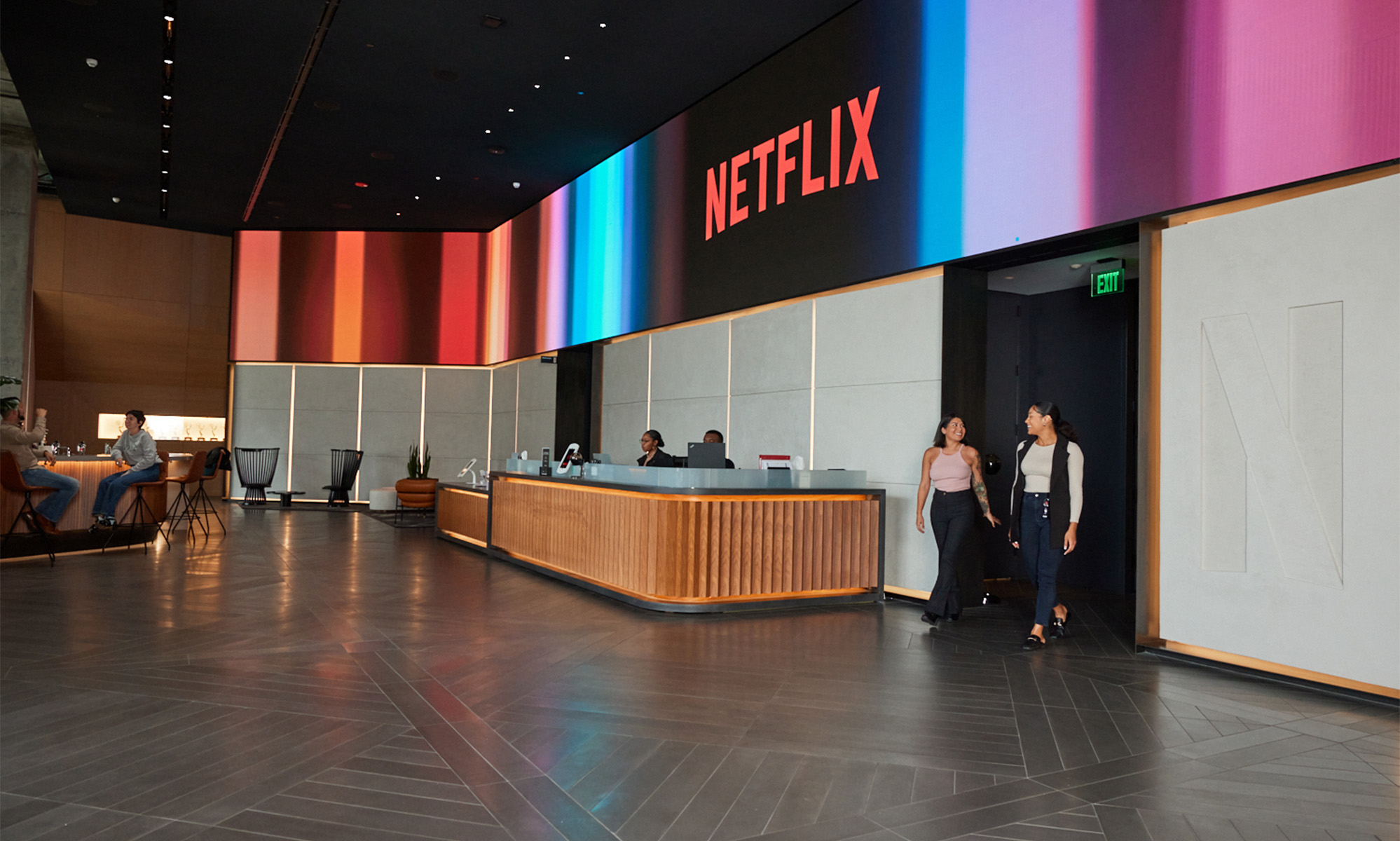Smart homes are just coming into their own. Devices like Amazon's (AMZN 1.00%) Alexa-powered Echo are becoming common, but they are still only used by most people for limited things. Price is also a factor in technology adoption, and that's something holding back virtual reality (VR).
In this segment from Industry Focus: Tech, host Dylan Lewis is joined by Fool.com contributor Daniel Kline to discuss where home automation and VR stand now. They also offer some investing options for these areas based on potential growth. Finally, they close out the segment by looking at the five highest market cap companies in 1993 versus the top five now.
A full transcript follows the video.
This video was recorded on June 29, 2018.
Dylan Lewis: I think smart home and connected home is one of the easiest trends to forecast out for the next ten years, and say that we're going to see more and more of these devices coming in, especially as you see Amazon get really good at getting the price down for those Echo Dot devices. It's easy to have several of them in your home.
Dan Kline: How many do you own?
Lewis: I don't own any, but I know that you have a ton. I know so many Fools that say, "I have five in the house."
Kline: I have four Echos in basically a three-bedroom house. We have Google Home at our little summer home, our vacation home. And I probably own, I don't know, something else along those lines. Basically, I have to be honest, I use Alexa as a weather device, as, primarily, a music player or a podcast device. I haven't hooked it up to my lights. I haven't hooked it up because, frankly, my light switches are right when I walk in the door. It's just as easy to hit the light switch as it is to say, "Alexa, turn my lights on."
Lewis: Yeah. So, that's the struggle. I think, if you're looking at gadget-y type stuff for the future, a great thing to keep in mind is, if this stuff is very expensive for people to adopt, adoption's going to be slow. I think that's one of the struggles that we see with VR right now. That's a space that a lot of people are super interested in, they think it's a really compelling growth story. Well, really full VR rigs are expensive to have in your house. If that cost is being passed along to the end consumer, adoption's going to be pretty slow. If you see devices that are connected home devices and they're on the cheaper side, know that it's probably more likely that that's going to get adopted quicker.
Kline: To speak to VR, there's a form factor problem. I'm a huge Star Wars fan, so I bought the, $200, you get a lightsaber and you can battle. The problem is, you slip your iPhone into a headset. It's very heavy. After playing for like ten minutes, you have a headache and your neck hurts. It's not as fun as -- I've done some incredible, immersive VR experiences. Disney has an amazing one at Disney Springs, where you're literally in Star Wars. But that's probably a $20,000 rig you're wearing while you're doing that. It's just not quite there yet. I'd argue with home automation that it is. An Echo Dot's, what, $30 if you buy a few of them?
Lewis: Yeah, it's cheap. I think that the interaction makes sense to a lot of people. It's fairly intuitive. If you're looking for investment advice for the next five to ten years, we talked about how it will look a lot similar to what it has looked like it like, it would be kind of incremental. I agree with you, but I think that, one, penetration rates are very low for a lot of these trends we're talking about in the U.S. But, if you take a look out at the entire world, they're even lower, particularly in developing economies. Keep that in mind.
There's this great quote from William Gibson. "The future is here, but it's not evenly distributed," or something like that. That's something to keep in mind. If you're an American consumer, you're probably getting a look at a lot of types of technology that haven't quite made it out to other parts of the world yet. So, if you see businesses like an iQiyi, that's taking a model that has been proven to work here in the United States with Netflix, and taking it to a developing market. I think mobile payments is another space that's super interesting if you take a global perspective.
Kline: One thing we haven't touched on is wireless and internet delivery. We're at the dawn of 5G. When we have 5G networks -- which, if the Sprint - T-Mobile merger goes through, they might be the first -- you're going to have the ability to deliver more of a broadband internet experience through phone connectivity. As that spreads around the world, it's going to be very disruptive, pricing is going to come down, and the ability for everyone to take advantage of all of this content, all of these services, it just changes. That's really the investment opportunity, how is internet going to be delivered going forward.
Lewis: To give a sense of where we were and where we are now, Dan, I'm going to run through the largest market-cap companies in 1993, and the largest market-cap companies now. I think you're going to notice a little bit of a trend here. In 1993, you have GM, ExxonMobil, Ford Motor, IBM, General Electric. Fast-forward to 2018, you have Apple, Amazon, Alphabet, Microsoft, Facebook. Tech goes from being one of the five to being the entire list, which really speaks to how much this space has taken over the economy and the broad market in general.
Looking at that list, we see that there was pretty much 100% turnover over the past 25 years. Of those five companies that you see on there now, which one is the one you're most convinced will be on there in 25 years?
Kline: So I don't get to bet on a BlackBerry comeback, and being there at the top in 25 years? [laughs]
Lewis: [laughs] You can, but I think the odds are stacked against you.
Kline: No, I'm kidding. And, credit to BlackBerry for revamping its business as it has. I could see any of them, but I tend to be an Apple loyalist. It is a concern that, I think 62% of Apple's revenue is the iPhone. But, I do believe that as phone technology changes to whatever it becomes -- implants or who-knows-what -- I think there's going to be a brand loyalty to Apple. Their ability to build secondary billion-dollar businesses has been very strong. Again, I could take any of them on this list, but I would lean toward Apple, just because it really does have the shiniest brand.
Lewis: For my money, I think I'm going with Amazon. I see them, and I see a business that has taken advantage of the cloud with AWS -- which is another trend that we didn't really touch on too much. They have this cash cow business, and they have this really scalable, amazing e-commerce platform -- and oh, by the way, they're trying to get into people's homes with connected devices, they're building out their streaming options. They seem to have a lead in a market that is going to be very tough for other people to catch up to.
Kline: They do. I just think that, if you look at the costs of what Amazon is doing, there are global forces bringing them down. Automated delivery ... In 2000, putting up a simple e-commerce site at my family's ladder and scaffolding business cost hundreds, if not thousands, of dollars. You paid a significant amount every month. That's just a commodity now through Shopify, or you could do it 100 different ways for almost no money.
I do think, some things that are right now unique to Amazon and its supply chain are going to be readily available to almost everyone, and that there will be players out there that can rub some of Amazon's niches. Not that I don't think Amazon will be a major player in 25 years. But I do think they actually face some competition that they don't have now.





